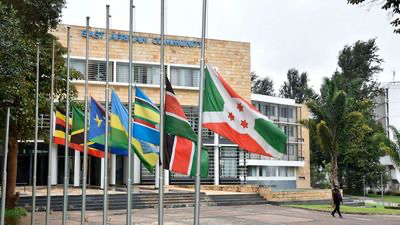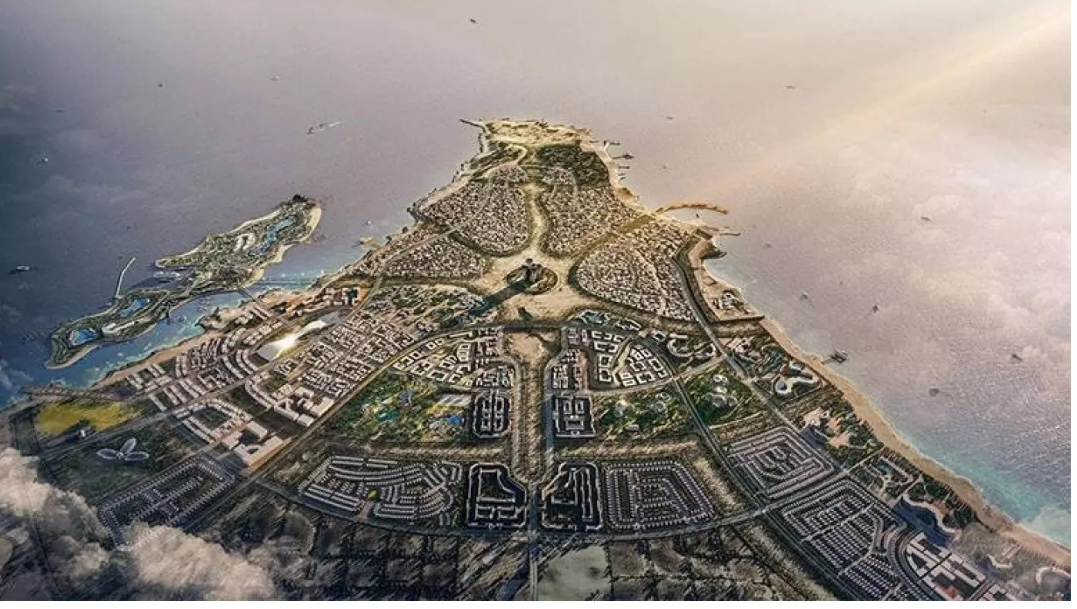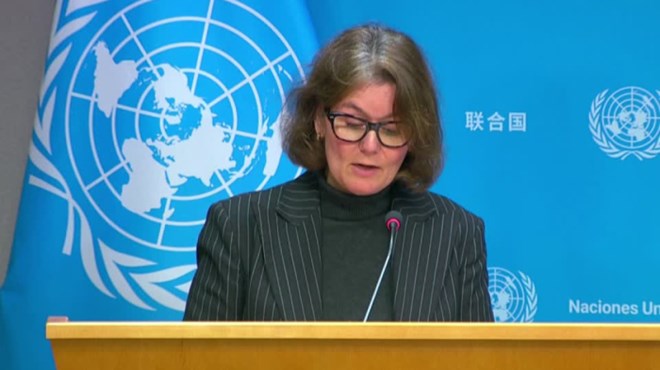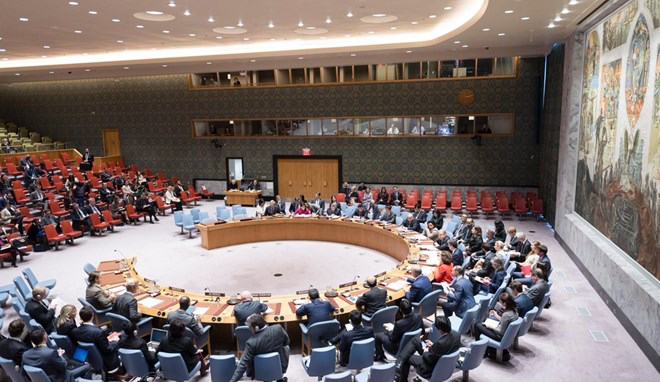Legal experts warn that the East African Community’s structural emphasis on trade at the expense of security, which its peers such as the Economic Community of West African States (Ecowas) and the Intergovernmental Authority on Development (Igad) prioritise, will continue to undermine its integration agenda…
The EAC has the weakest and least developed peace and security architecture, compared to its sister regional economic communities or the African Union,” said Donald Deya, CEO of Arusha-based Pan African Lawyers Union, The EAC, among other things, aims to widen and deepen cooperation among member States in economic and social areas for their mutual benefit as per the Treaty. Cooperation in trade liberalisation and development is one of the fundamental pillars of the EAC.
Member States have committed to a customs union, a common market, a monetary union and a political federation, The EAC Treaty established the EAC Court of Justice, a judicial organ mandated to ensure the adherence to the law in the interpretation and application of, and compliance with, the Treaty.
But the court has concentrated on disputes arising out of the protocols establishing the Customs Union and Common Market, two of the four pillars that are in force, The protocols provide for dispute settlement mechanisms but not insecurity caused by fighting within the region. The bloc’s leadership has also been seen to lack clout to forestall or even quell intra-EAC conflicts.
The current EAC leadership is operating on the premise that the most important thing is to fast-trac’ the enlargement of the EAC by admitting new partner states, even violating the procedural safeguards built into the EAC Treaty,” Mr Deya told, Their focus seems to be singularly on markets and not on human beings. This is myopic. The most important duty of any government, and any inter-governmental entity, is to protect lives, and to imbue those lives with dignity. Our leadership behaves like Emperor Nero — playing his fiddle as Rome burns!”




